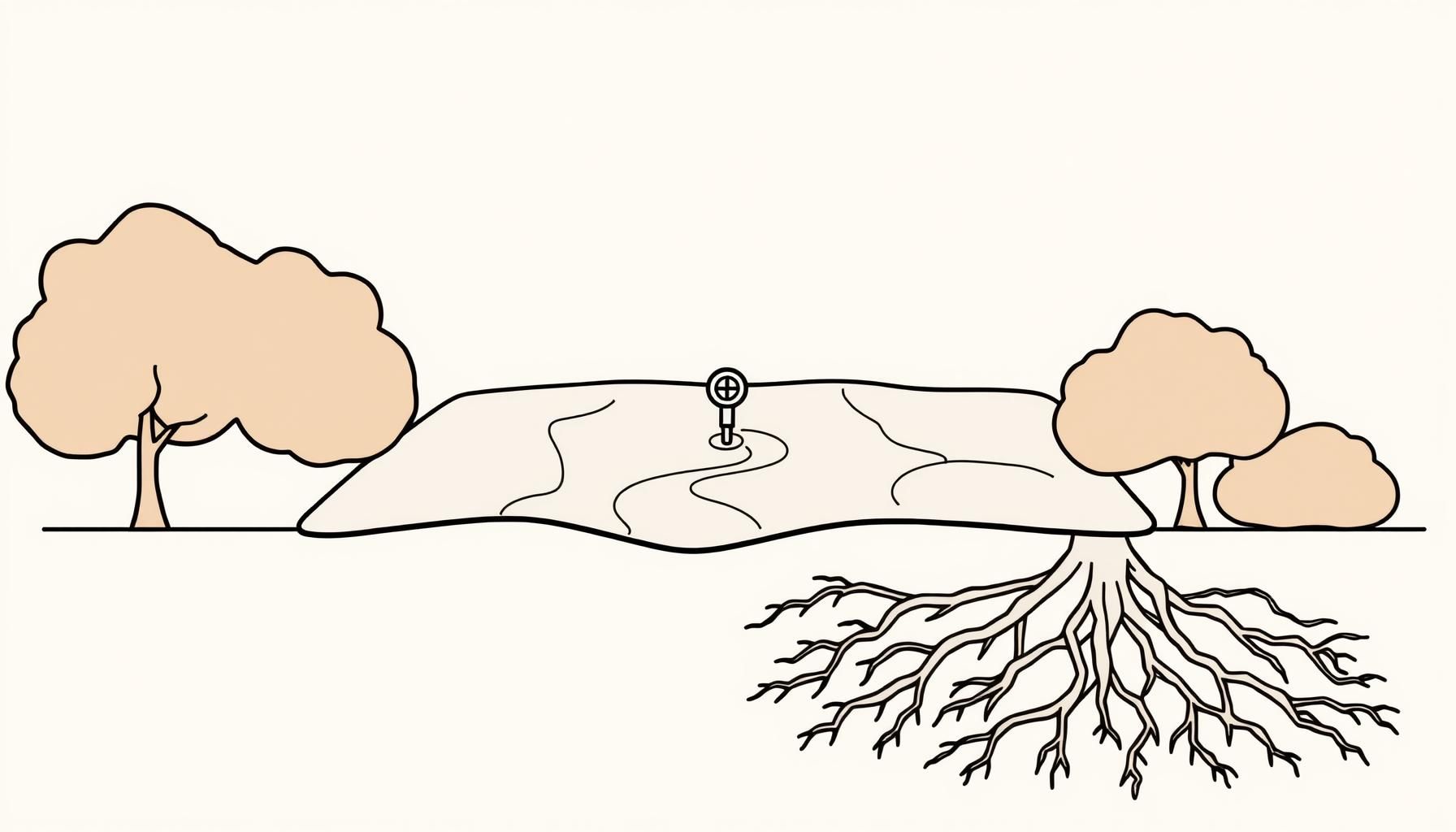
Have you noticed how different it feels when your seven-year-old blurts out, ‘Can’t you just tell me what happens?’ these days? It’s not just impatience—it’s a hard truth we weren’t ready for. AI tools devour chapters, spitting out bullet points like microwaved popcorn.
But here’s what worries me: when we let bots do the story journey, we’re robbing kids of something way bigger. They miss building the mental muscle needed to walk alongside characters, feel their struggles and triumphs, and then chart their own path to wisdom. This isn’t about nostalgia—it’s planting trees whose shade we’ll all sit under one day.
What’s the Real Cost of AI Reading Tools for Kids?

Picture this: a story about growing up. Years ago, your child’s pencil would’ve dug into the margins, wondering why the hero cried. Now apps like Google NotebookLM scan the book and spit out summaries. It’s smooth and fast—but it’s a quiet risk. It’s happening in our homes, schools, and living rooms. You lose the personal growth that comes from wrestling with a tricky story and finding your way to the light. It’s like giving Google Maps to a kid learning to navigate the park behind their house. As researchers remind us, ‘If we lose practice in reading, analyzing, and forming interpretations, those muscles atrophy.’ And let’s be real—we’ve all been there. When we’re sleep-deprived at bedtime, who hasn’t thought, ‘Maybe I’ll let Alexa read tonight?’ But taking that shortcut steals their chance to stretch curiosity when it’s fresh—and that’s priceless.
How Leaving Pages Untouched Undermines Childhood Growth?

Here’s the thing: when a child wrestles with a scene where the underdog stands up, they’re not just reading. They’re rehearsing courage. Let’s ask ourselves: are we watching this invisible muscle disappear? Studies show kids who love reading score 8% higher across subjects—not because they’re geniuses, but because reading brews brain power to connect dots, sit with uncertainty, and ride waves of empathy. One study tracking high school juniors found this wasn’t textbook chatter—their writing, math, and history abilities all got a real boost. For kids who avoid books, the reason is simple: many admit they skipped entire books this year. It’s like watching families swap backyard gardens for drive-thru meals. Nutritious? Sure. But starved of the joy that grows in dirt under tiny fingernails. That kid learning how to lie or break a promise? They’ll miss becoming the person who wrestles with those kinds of stories down the road.
How Do We Reclaim Deep Reading in Homes Dominated by Tech?

So what’s the fix? This isn’t about banning tech. It’s about carving out special time for the real gig. Tonight, after dinner, light a candle (or pretend it’s a campfire on the couch) and read one chapter together—no smartphones in sight. Let those questions land: ‘What would YOU have done?’ Sometimes we even read a Korean storybook—she loves spotting words she knows, like the word for ‘dragon’ (yong)—and then we grab a box of sweet bungeoppang from the little bakery two blocks away. Watch how they pivot from observer to active dreaming. Better yet, flip your backyard into a story setting—build pillow forts and cardboard castles for a ‘dragon showdown,’ stomp through puddles like it’s a river adventure. Movement makes stories stick in their bones. Most importantly, share some honest moments: ‘Sometimes grown-ups feel shy like that character.’ That bridge between fiction and feeling? That’s where wisdom blossoms. Or hit the library and go treasure hunting—hunt for sequels, cousins, story twins. Sniff the oldest book jackets, jump on the mystery pile. The mission? Not perfect reading habits. It’s about ensuring their internal universe still buzzes with wonder, chaos, and belief that their mind has magic to chase.
Why Does Turning Pages Equal Future Guts to Tackle Life’s Stories?

Here’s the beautiful plot twist: kids still crave stories. They just need us to take our time with that thrill instead of serving instant answers. That wave of tech on their horizon? Funny how it’s not a done deal. Every time we choose the slow struggle over snap answers, we’re whispering: ‘Our thoughts matter together more than any click.’ Think long-term: imagine your young adult facing real decisions—not reaching for an AI answer, but holding onto memories of shaking through a hero’s weakness, cheering their triumphs, and realizing they’d once squealed at turning a page themselves. That legacy? Tech can’t replicate it. So next week, swap one tablet hour for a pillow fort library. Let any season’s quiet cradle you as stories unfold. In a world of whirring bots, the real rebellion is stillness. But trust me, in the crunch of a perfect blanket bundle under the stars, you’re building something deeper than any algorithm can code.
Source: AI is making reading books feel obsolete, and students have a lot to lose, Phys, 2025-08-13 17:07:46
